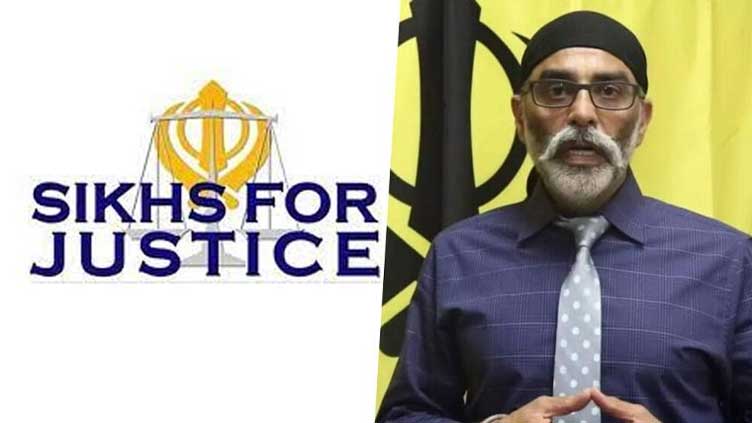DM Monitoring
NEW DELHI: Sikhs for Justice (SFJ) accused India of orchestrating the recent suicide attack on a school bus in Balochistan, calling it a reflection of the Modi government’s alleged policy of targeting civilians across the border.
In a sharp statement, SFJ’s legal advisor Gurpatwant Singh Pannun held the Indian government responsible for the attack, stating that the bombing bore all the “hallmarks of state-sponsored terrorism.” He claimed that India’s intelligence agency RAW is supporting armed proxies to destabilise Pakistan and escalate regional conflict.
Pannun further warned that if Hindutva extremism was conceived in Ayodhya and nurtured in Nagpur, those cities too raise difficult questions about the roots of terrorism. He criticised Ayodhya as not just a religious symbol but as “a breeding ground of militant ideology now spilling beyond India’s borders.”
Reaffirming SFJ’s support for Pakistan’s sovereignty, Pannun said the group would oppose any use of Punjab as a launchpad for Indian military operations. SFJ also expressed solidarity with the victims’ families, condemning the attack as a cowardly assault on children.
Earlier, The tragic attack on a school bus in Khuzdar on 21st May 2025 — which claimed the lives of three children and two adults, leaving several others injured — once again drawn attention to the enduring threat posed by Baloch insurgent groups allegedly backed by India.
Initial investigations suggest the attack was orchestrated by the Balochistan Liberation Army (BLA), a banned militant outfit that has previously been linked to violent activities across the province. Officials claim the Khuzdar tragedy follows India’s strategic failures during Operation Sindoor — a reference to recent tensions between the two countries.
Since 2015, more than 18 attacks attributed to the BLA have primarily targeted civilians. Security experts allege that these actions have been carried out with external financial and logistical support. Arrested militants have reportedly confessed to receiving training and directives from India’s intelligence agency, RAW.
Concerns have also been raised over the role of Indian media in providing space to extremist narratives. Outlets such as Zee News and WION have previously aired interviews with BLA leadership — a move Pakistani officials argue emboldens militant propaganda.
The recurring pattern of attacks in Gwadar, Dasht, and now Khuzdar — all strategic areas in the China-Pakistan Economic Corridor (CPEC) — signals, in Islamabad’s view, a concerted attempt to undermine Pakistan’s economic sovereignty.
The case of Kulbhushan Yadhav, a former Indian naval officer convicted of espionage and terrorism, has often been cited by Pakistani authorities as evidence of a deeper covert network operating through local proxies.
Pakistan’s security apparatus has reiterated its commitment to ensuring justice for the victims of Khuzdar and dismantling what it calls an “imported infrastructure of terror.” With over 83,000 lives lost in the country’s two-decade-long war against terrorism, officials assert that every attack will be met with a resolute response. “The nation will not forget its martyrs,” read a statement from the Ministry of Interior. “Every facilitator and foreign link involved in this heinous act will be held accountable under the law.”



